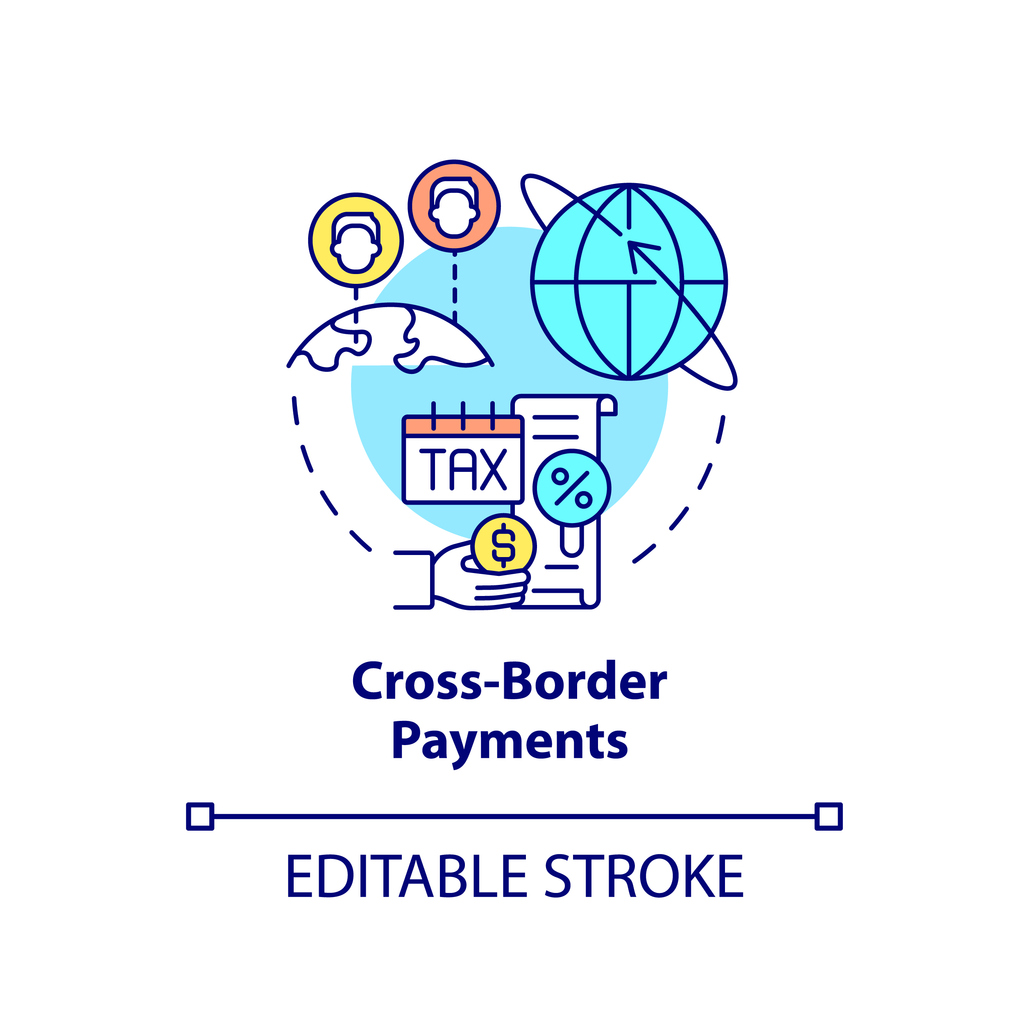Leveraged Finance in Nigeria: The Tenets of Leveraged Structures
Leveraged Finance in Nigeria: The Tenets of Leveraged Structures
For businesses looking to access capital, there are a number of options available. While bank loans can be a viable option for some businesses, others may not qualify for loans based on their credit history or business plan. In such cases, businesses may turn to other forms of capital such as venture capital, private equity, or even crowd funding.
Leveraged finance is a type of financing that allows an investor to participate in the earnings of a business, while providing capital for growth. In other words, it allows an investor to leverage their money to earn returns on multiple projects. There are a number of reasons why businesses may want to leverage their capital, and in some cases, it is a viable option. With that in mind, this article will explore the different tenets of a leveraged structure and how they may apply to your business.
What is Leveraged Finance?
Leveraged finance is a form of financing in which an investor uses money borrowed on behalf of an investment. This money is used to buy assets with a promise to return the money to the lender. The assets may be stocks, bonds, real estate, or other financial assets that generate income. The investor will share in the income generated by these assets, as well as any appreciation.
In a leveraged finance structure, the investor is not putting up all of the money necessary to fund the acquisition. Instead, they will lend money to the project owner, who in turn will use the funds to borrow more money to make further investments. The process can continue until the lender obtains the desired percentage ownership in the project.
What is the Purpose of Leveraged Finance?
The main purpose of leveraging finance is to acquire high-quality assets that will provide a return on investment. Investors may purchase stocks in large-cap companies that have a good chance of increasing in value. Real estate can be a good investment as well, provided it is located in a desirable area.
However, the main reason for using this type of financing is to increase the amount of capital available to a business. In this case, the loan is used to acquire assets that will generate income, with the lender sharing in any profits.
The amount of money that can be borrowed against a single asset depends on the debt to equity ratio (DER), which is calculated as follows:
DER = (Total Equity / Total Assets) x 100
Types of Leveraged Finance
There are a few different types of leveraged finance, each with its own advantages and disadvantages. The most common types of leveraged finance are:
- Asset-based lending – This is the most common type of leveraged finance and involves lending against assets such as stocks, bonds, real estate, or other forms of proprietary assets.
- Bridging/bridge financing – In this kind of financing, an investor provides money for a short period of time in exchange for interest. The money is then repaid with interest plus additional money from a second source.
- Equity-based lending – In this type of lending, the investor loans money against shares of stock in the company. The loan is secured by a pledge of the shares, and the lender becomes a partial owner of the company.
How Does Leveraged Finance Work?
Advantages of Leveraged Finance
There are many advantages to using a leveraging finance structure, including:
Increased investment potential – Leveraged finance allows an investor to access funds from multiple sources, which can increase the amount of capital available for investment.
Easy access to capital – Since the loan is secured by assets, the lender does not have to be an expert in the field of business. In fact, most loan agreements only require that the investor possess enough money to repay the loan.
Improved credit standing – Since the loan is backed by assets, it allows the lender to access sources of capital that would otherwise be denied based on the lender’s credit history.
Decreased risk – Unlike unsecured lending, the lender will have security over the assets pledged, which reduces the risk of default by the borrower.
Disadvantages of Leveraged Finance
Like any investment, there are disadvantages to leveraged finance as well. The main ones are as follows:
Increased risk – Because the investment is based on the earnings of the company, the returns may be low, or the company may experience financial difficulties and be unable to repay the loan.
Absence of innovation – Since the investment is based on the business’s past performance, it may not be as likely to benefit from future innovations.
Capital consumption – Since the business is required to provide more resources to service the debt, it may have less resources available for expansion.
Bottom line
Leveraged finance is a tool that can be used by investors to gain access to a greater amount of capital. The key is to know when to use it and for what purpose. If you are looking for an investment opportunity, consider buying a leveraged finance stake in a growing business.








LEAVE A COMMENT
You must be logged in to post a comment.